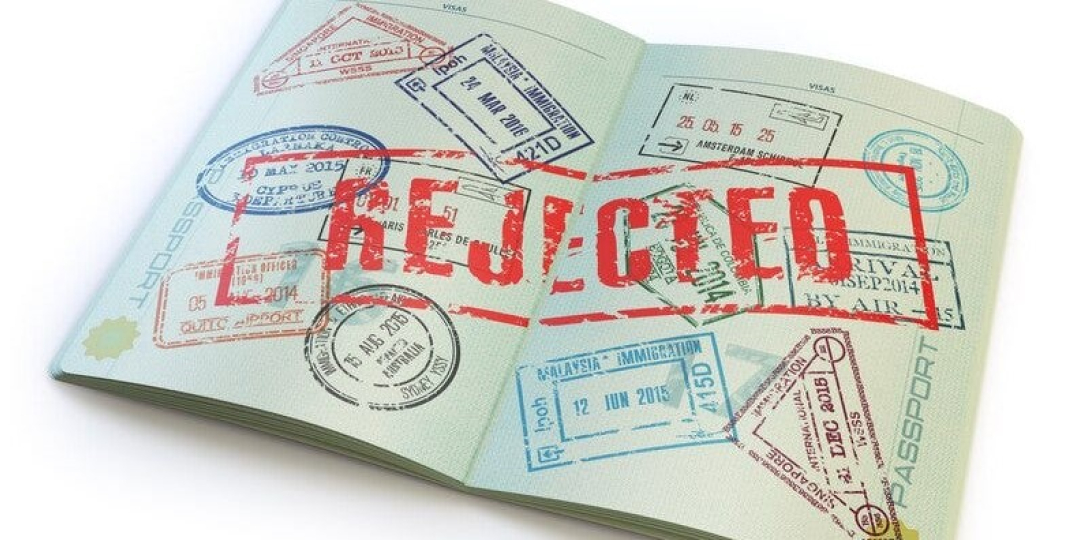Data shows that the EU accumulated €56,3 million (R1,1 billion) from rejected visa applications from African countries in 2023.
Research from schengenvisainfo.com shows that Africans are the most rejected citizens for Schengen visas and collectively paid €56,3 million in non-refundable application fees for applications rejected by the EU.
African nationals received 704 000 visa rejections last year. Africa accounted for 43,1% of the total amount generated by rejected applications in 2023. This is an increase from last year’s amount of €49,9 million (R1 billion) received from 624 344 rejected visa applications from African countries in 2022, according to statistics from the European Commission.
A study by the LAGO Collective, a UK-based community of researchers and policymakers, found that 2023 total rejected visas generated €130 million (R2,3 billion), from the 2022 figure of €105 million (R2,1 billion).
South Africans alone were found to have contributed €776 880 (R15,7 million) to the amount collected from rejected visa applications. Algeria was the most rejected African country, accounting for €13,2 million (R264 million) of the total.
This number is expected to grow in 2024, with Schengen Visa application fees increasing from €80 (R1 595) to €90 (R 1 795).
“Visa inequality has very tangible consequences and the world’s poorest pay the price. You can think of the costs of rejected visas as ‘reverse remittances’, money flowing from poor to rich countries. We never hear about these costs when discussing aid or migration; it is time to change that,” Marta Foresti, Founder of the LAGO Collective, told EU Observer.














